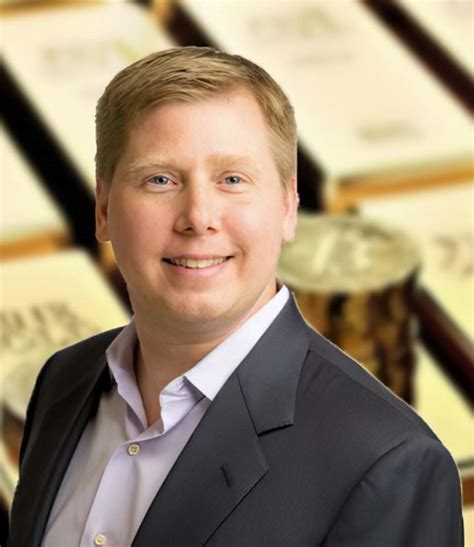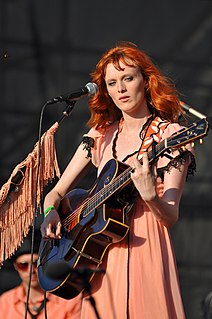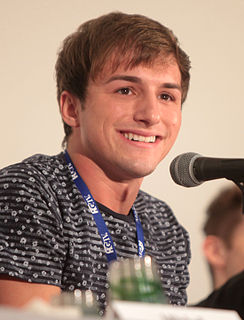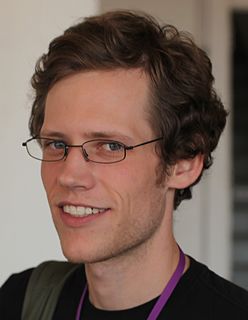A Quote by Alexander Chee
As writer pay declined and teacher pay also, we all started hanging out online. You could say online social networks cheapen our friendships or you could say we were cheapened by a plutocratic power grab and this is all we can afford.
Related Quotes
I would say digital technology probably doesn't have much impact on us so far. We've seen photographs of people from when they are alive. We see home movies. We have videotapes now and e-mails. When it's going to get interesting is in massively multiplayer online games where you have avatars (online personas). You could actually create an avatar that's semi-autonomous. It could do things for you while you get off the game to run the rest of your life.
I think online, like on YouTube and stuff, people could pretty much say whatever they want. They have no filter in their brain, because no one knows who they are. They're totally anonymous, so they could say whatever they want. But when they're in person with me, they wouldn't say those things, because I can actually see who they are.
Now an audience of more than 1 billion people is only a click away from every voice online, and remarkable stories and content can gain flash audiences as people share via social networks, blogs and e-mail. This radically equalizes the power relationship between, say, a blogger and a multibillion dollar corporation.
A big barrier to people getting help with online harassment is the general attitude either that it's not a real issue - that it's 'only' online - or that it's limited to someone saying they don't like you, and all of that stems from a basic misunderstanding of what we mean when we say 'online harassment.'
As kids, we say stupid things, and because there's not a record of it, nobody is going to give you a hard time at 30 years old about something you said or did when you were 8 years old. Online, you have all these social networks that are moving to a state of persistent identity, and in turn, we're sacrificing the ability to be youthful.






































